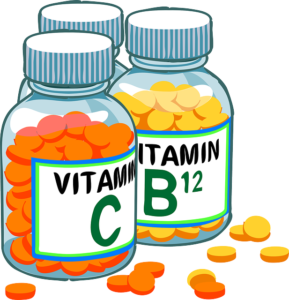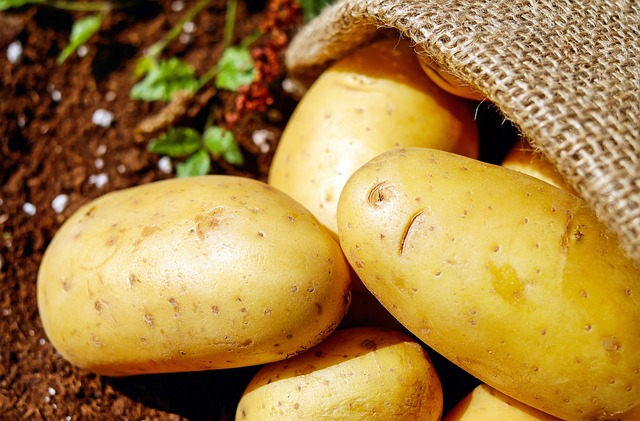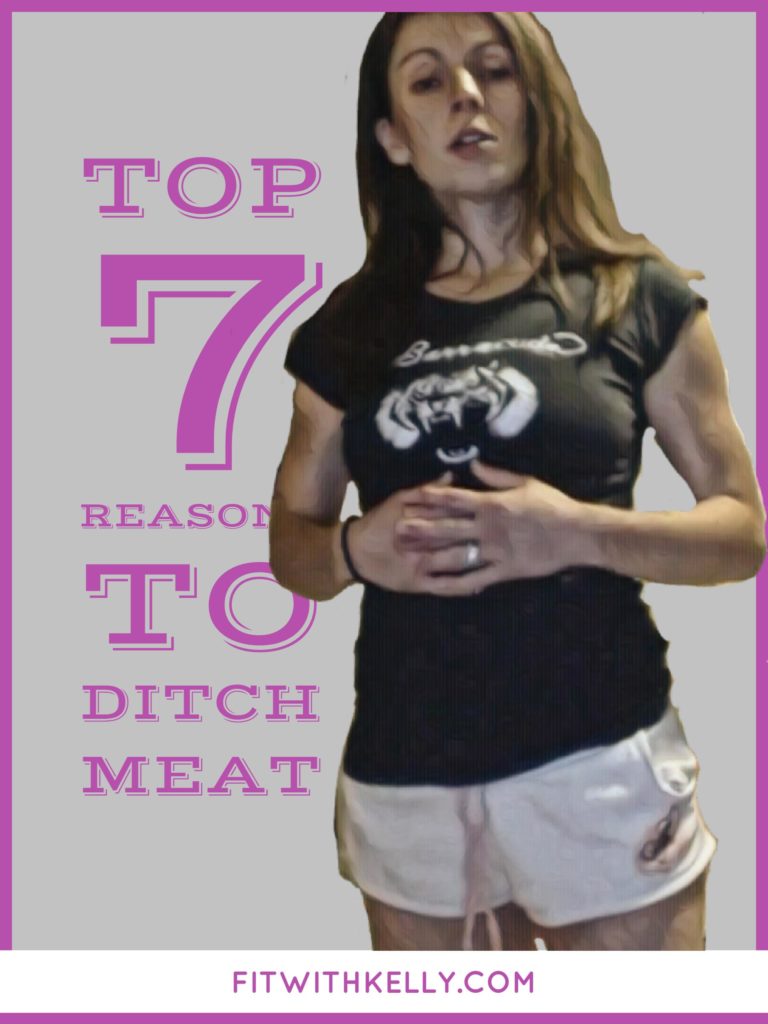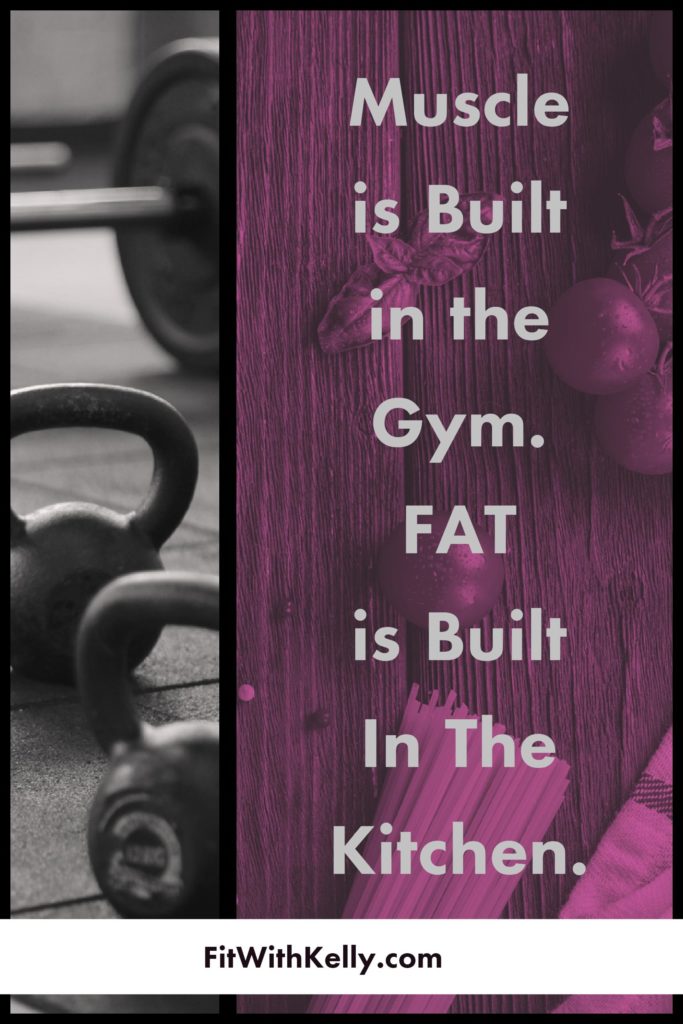Why the Keto Diet isn’t So Great
An inside look at the ketogenic diet
Recap: In the previous article we discussed some benefits and downsides of the keto diet. We left off with an unanswered question about how people could possibly be reporting fatigue, demotivation, and moodiness on the diet when ketosis is supposed to provide people a newfound level of energy.
Analysis: Sugar withdrawal by itself can cause these symptoms, but only for a short time like within the first week of giving up sugar. Even if you exclude processed sugar by going keto (a good thing), a diet without carbs is a diet without fiber (a bad thing). In order to have regular digestion and a healthy blood cholesterol level, we need fiber! A low-fiber diet can cause constipation and gastrointestinal pains at the very least (1). A psyllium husk supplement could help you regulate, but did you know that by using supplements in place of whole food ingredients you can worsen your health (2)? If carbs aren’t the only thing lacking on a ketogenic diet, what is? You might be thinking you have plenty of healthy options because the keto diet includes nuts, seeds, avocado, and a variety of vegetables. Unfortunately, only a moderate amount of those can be eaten, because they, too, contain carbohydrates.

Say goodbye to having big bowls of fresh fruit on the keto diet.
Deficiencies: Nutritional deficiencies are known to impair the ability AND desire to exercise, as well as causing emotional distress and mental difficulties (Clark 477). A minimal amount of fruit and vegetables is allowed in a keto diet, and (aside from soy and peanuts) there are no legumes, starches, or any grains allowed at all. A diet that emphasizes reducing fruit and vegetable intake can severely lack phytonutrients (such as carotenoids and flavonoids) thus increasing risk of disease (4). Vitamin A is limited in animal-based foods, while Vitamin C is practically non-existent.
Prevention: If you want to safely prevent a deficiency on a keto diet, you will have to carefully plan how to get your vitamins with superfood ingredients that carry a lot of weight for such a small amount of food.

Vitamins Can't Replace Food
To ensure that you get enough vitamin A and C you could eat a cup of raw kale every single day, but you may struggle to get it in when you are limited to only 5-10% of your overall calories from carbs. Vitamin C deficiency can cause Scurvy – a dangerous condition that can harm your teeth, metabolism, immune system, and iron absorption. Early signs of anemia could also affect energy, emotions, and mental health.

Potatoes, excluded from the keto diet, have 5g of fiber.
Satiety: High-fat diets in general are strongly associated with obesity, likely because it is so easy to overeat fats (Clark 456). So even though ketones can boost weight loss, a calorie deficit is necessary for burning fat. Be prepared to portion tiny meals to stay within your calorie budget on a keto diet. If your stomach is only partially full (since high-fat foods lack water density), your hormones might not signal to your brain that you are satiated. It is well-established that fibrous foods low in fat are more likely to trigger satiety, while foods high in fat are more likely to cause overeating (4). Ironically, overeating fats doesn’t seem to increase the sensation of satiety either (4).
Summary: This is just a few examples of pitfalls that come with the keto diet – how will you keep going when the very foods you are eating for weight loss is draining you of energy? Taking a multivitamin is an option, but studies show it is not safe to replace your fruits and vegetables with a supplement (5). In other words, a supplement should be taken in addition to a healthy well-rounded diet. Limiting produce is dangerous for your health because plants contain the very nutrients that keep us healthy and fight disease! Don’t get me wrong – ketosis by itself is an awesome benefit of the keto diet, but is there a safer way to go keto? Continue on to the next article to find out!

Resources:
- “Implications of Fiber Inadequacy in the Ketogenic Diet: A Case Study.” Wendy J. Dahl, PhD, RD, Elaine J. Niebergall, RD, and Russell J. Owen, BS. ICAN: Infant, Child, & Adolescent Nutrition. Vol 3, Issue 5, pp. 288 – 290. First Published September 13, 2011. https://doi.org/10.1177/1941406411422253. Accessed Jul 18 2018.
- Johnston, C. S. (2012). Vitamin C. In Present Knowledge in Nutrition: Tenth Edition (pp. 248-260). Wiley-Blackwell. DOI: 10.1002/9781119946045.ch16. https://asu.pure.elsevier.com/en/publications/vitamin-c. Accessed Jul 18 2018.
- Clark, Michael A et al. “NASM Essentials of Personal Fitness Training”. Fourth Edition, Textbook Published in 2012. Lippincott Williams & Wilkins, a Wolters Kluwer business.
- “Phytochemicals.” Linus Paulis Institute: Oregon State University. Micronutrient Information Center: Dietary Factors. http://lpi.oregonstate.edu/mic/dietary-factors/phytochemicals. Accessed Jul 17 2018.
- Chambers, Lucy et al. “Optimising Foods for Satiety.” Elsevier: Trends in Food Science and Technology. Vol 41, Issue 2, pp. 149-160. Published February 2015. https://www.sciencedirect.com/science/article/pii/S0924224414002386. Accessed Jul 19 2018.


